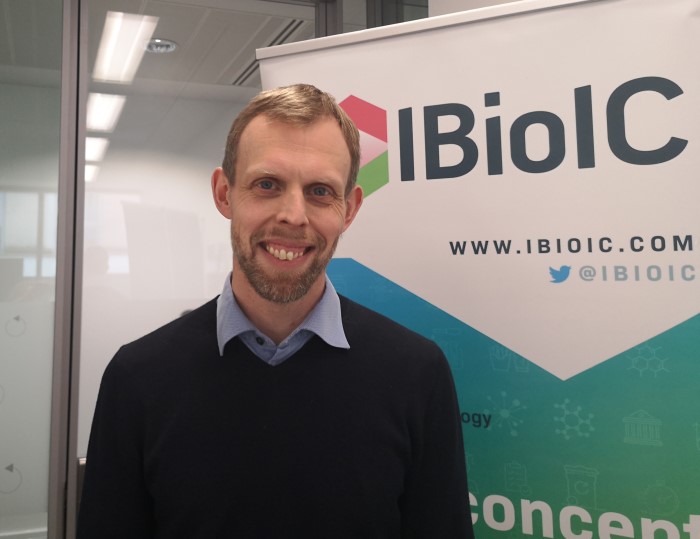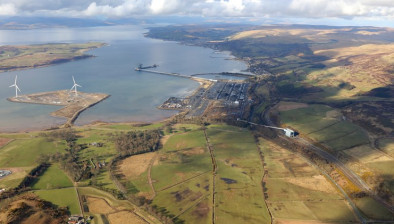Johan Belfrage: Building a bioeconomy
Johan Belfrage, technical development manager at the Industrial Biotechnology Innovation Centre (IBioIC), discusses building and growing Scotland’s bioeconomy.

Johan Belfrage
The Nordic countries demonstrate a strong model for sustainable growth in the integrated processing of renewable feedstocks into a range of marketable products such as food, feed, fuel or chemicals, for example. This is known as biorefining.
Those countries are well on their way in the transition to a low carbon, sustainable future. They have implemented ambitious climate policies, supported by proactive governments, embraced cutting-edge technology, and have developed an eco-system that encourages innovation, knowledge sharing, and collaboration.
In my role as Technical Development Manager, I recently welcomed a delegation of experts from the Nordic countries presented at the Industrial Biotechnology Innovation Centre’s (IBioIC) Annual Conference. Key takeaways from the session which Scotland should be seeking to replicate include securing financial backing, making use of existing natural resources, and the need to address public perception of this technology.
CLIC Innovation Ltd, a cluster owned by leading international companies and Finnish research organisations, is supported by shareholders from 30 companies and 16 universities across Finland with no reliance on government funding.
The head of bioeconomy from CLIC, Teija Laitinen, highlighted how secure investment allows the companies to have a long-term view. This approach ensures many breakthrough solutions are found beyond the resources of one organisation. A key member of CLIC’s cluster is Metsä, the company behind the world’s most energy-efficient pulp mill. This bioproduct mill uses no fossil fuels and contributes around 2.5 per cent of Finland’s annual energy production.
Another valuable lesson is around sustainable use of natural resources. Paper Province, an industrial cluster in Sweden, uses the abundant forest to support the country to transition from plastics towards a forest-based bioeconomy. Maria Hollander, Chief Executive, explained how member companies are developing innovative products from natural resources, such as the 100% bio-based recyclable kayak made from sawdust-based materials - just one example of innovation that helps transform perceptions of what can be achieved.
Norway based Nofima focuses on maximising the utilisation of waste materials from seafood manufacturing for high value products such as food and cosmetics.
This, of course, throws up the challenge of public perception. The general public has a perception, often subconsciously, that a product retains the properties of its source material. Of course it’s not true that a face cream containing omega 3 oils or other products derived from fish-waste will have a fish smell, and it’s an important lesson for us to learn that communication with the public is key to achieving the acceptance of such products.
The Nordic countries are providing solutions that disrupt our ways of thinking. They are setting an example in how investment and confidence in supply chains can create an economy where companies thrive by developing products from renewable resources. Bioeconomy research and development can offer solutions to help achieve carbon neutrality.
There is huge scope for Scotland’s fishery and aquaculture, forestry, food and drink and other natural resource-based industries to learn from these examples and develop innovative products.
Scotland is already leading the UK as a centre for environmental and agricultural biotech start-ups, with positively disproportionate growth to the rest of the UK, according to the recent BioCity UK Life Science Start-Up Report.
Scotland’s bioeconomy has ambitious growth plans and has set a high bar to increase industrial biotechnology turnover in Scotland from £189 million to £900m by 2025, and to really drive a positive and supportive environment for the continued growth through IBioIC. This is supported by political will - the Government has set a target of net-zero greenhouse gas emissions by 2045.
IBioIC’s role is to support companies within the bioeconomy to deliver the sustainable solutions which will deliver these ambitious targets. And we will continue to listen to and learn valuable lessons from our Nordic friends.







